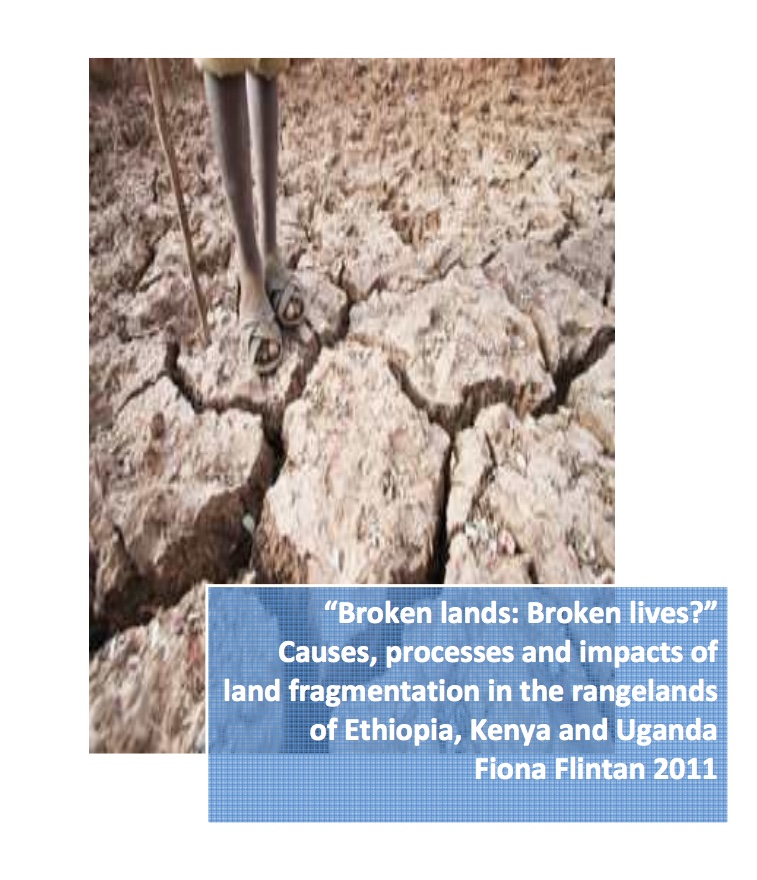The Land We Graze
This report is the result of the co-operation of seventeen partners from four continents—all of them engaged in activities to improve the livelihoods of mobile livestock keepers. The organizing question of this collaboration was, how do mobile livestock keepers—i.e. pastoralists—succeed to organize themselves and to defend and secure their land rights.




